
Mass protests across Japan this weekend have delivered a clear and direct message to Prime Minister Shinzo Abe that his plans to normalize Japan's military by way of unconstitutional legislation rammed through parliament are thoroughly and vehemently rejected by the public here, including growing numbers of youngsters, with political experts stating that the current trajectory of the prime minister and the ruling Liberal Democratic Party, could lead to its eventual downfall.
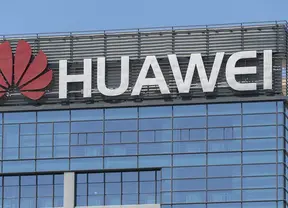
Some 120,000 people rallied and surrounded Japan's parliament building here on Sunday, demanding Prime Minister Shinzo Abe rescind the controversial security bills.
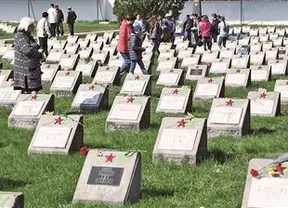
Japan is extending about 13-billion- peso (277.80 million U.S. dollars) worth of loan to the Philippines for two infrastructure projects.

"Nanking Nanking," a Chinese film on the Nanjing Massacre hit the largest Japanese video website Niconico, while viewers' live comments exposed the ignorance of history of the Japanese netizens.
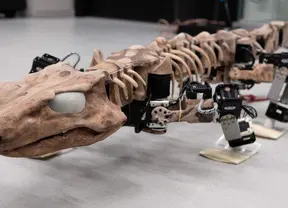
Japan on Wednesday launched an unmanned cargo transfer spacecraft that will deliver much-needed supplies to the International Space Station (ISS) following recent failures to send U.S. and Russian cargo craft to the ISS.

Jun Terada is a healthy 28-year-old, who has a decent job in a nationally-recognized law firm after graduating from a prestigious university, and nice to talk to, being mild mannered, intelligent and well-versed in a number of topics from politics to sport, to social issues here in Japan.

Japan's trade deficit shrinks less than expected following weak GDP data

Japan's economy shrinking at an annualized pace of 1.6 percent in the April-June quarter as consumption dropped and exports weighed, has put renewed pressure on the government of Prime Minister Shinzo Abe to turn economic policy into fiscal realities and for the Bank of Japan (BOJ) to decide how it intends to continue to underpin the economy.
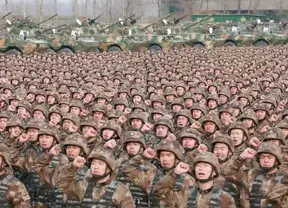
Japan's gross domestic product (GDP) shrank an annualized 1.6 percent in the second quarter of 2015, contracting for the first time in three quarters, government data showed Monday.
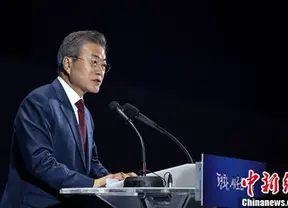
Japanese Prime Minister Shinzo Abe's statement to mark the 70th anniversary of the end of WWII may mention Japan's wartime crimes, which Italian experts wish will be a clear apology and become a touchstone for future relations with neighbors China and South Korea.

Japanese Prime Minister Shinzo Abe will issue a statement to mark the 70th anniversary of the end of World War Two later on Friday, with focuses on whether the leader could atone for Japan's dark past through offering an apology to victims of its wartime atrocities.
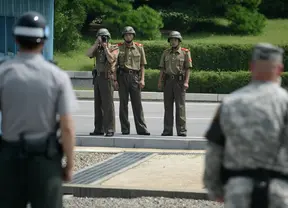
For most of the people around the world, history is about objective facts of the past. However, for a handful of right-wing Japanese politicians, it is not.
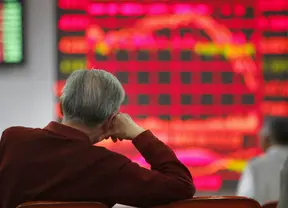
South Koreans gave their unsparing praise for former Japanese Prime Minister Yukio Hatoyama who knelt down in front of a monument in Seoul for victims of Japan's colonization during World War II and apologized for wartime atrocities.
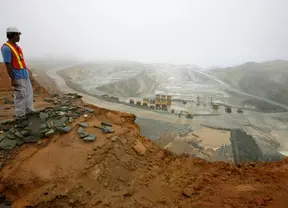
Japanese Prime Minister Shinzo Abe should follow his predecessors in his upcoming statement about World War II. Any departure will be read as a signal of major alteration in Japan's foreign policy.

It is a shame that speculation on the wording of Japanese Prime Minister Shinzo Abe's speech, due to be delivered on Friday, one day before the 70th anniversary of Japan's surrender, is still heaping up.

Japan must face its wartime history by upholding the Murayama Statement unambiguously in order to move forward, Kazuhiko Togo, a professor of international politics at Kyoto Sangyo University, writes.

Japanese Prime Minister Shinzo Abe's upcoming statement to mark the 70th anniversary of the end of World War II hit the headlines Tuesday as it reportedly may include the keywords of "aggression" and "apology" that Japan's closest neighbors - China and South Korea - have been paying close attention to.